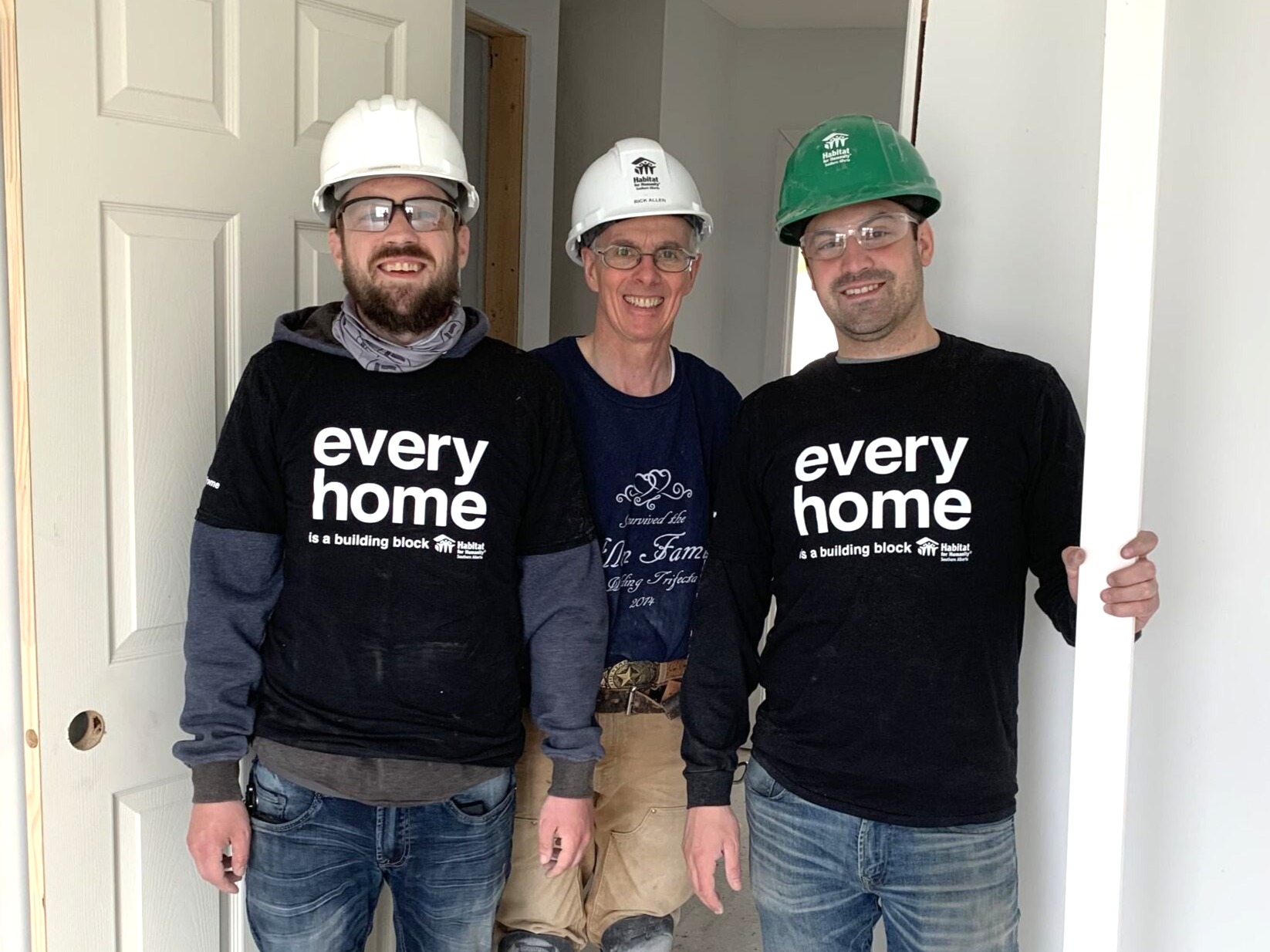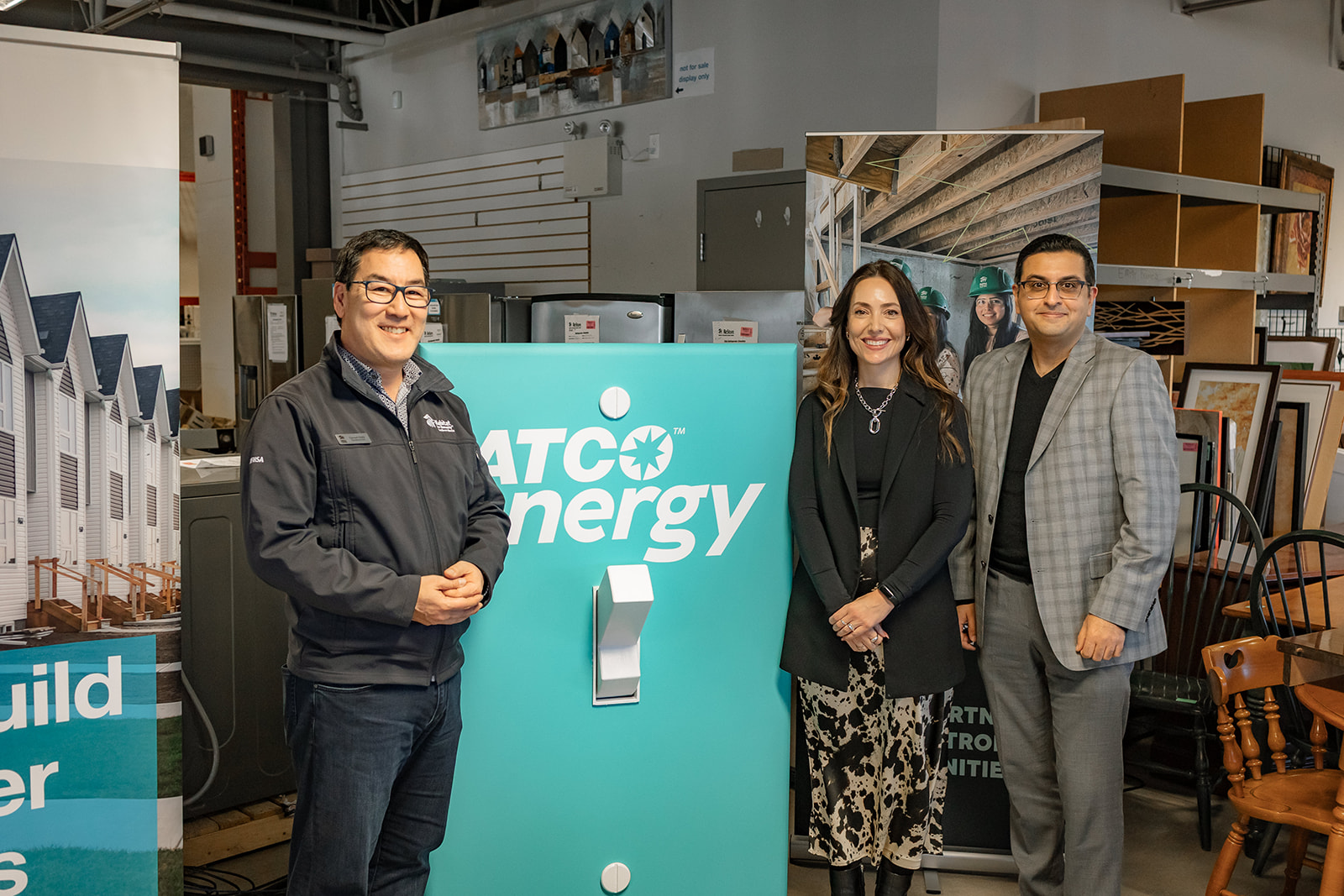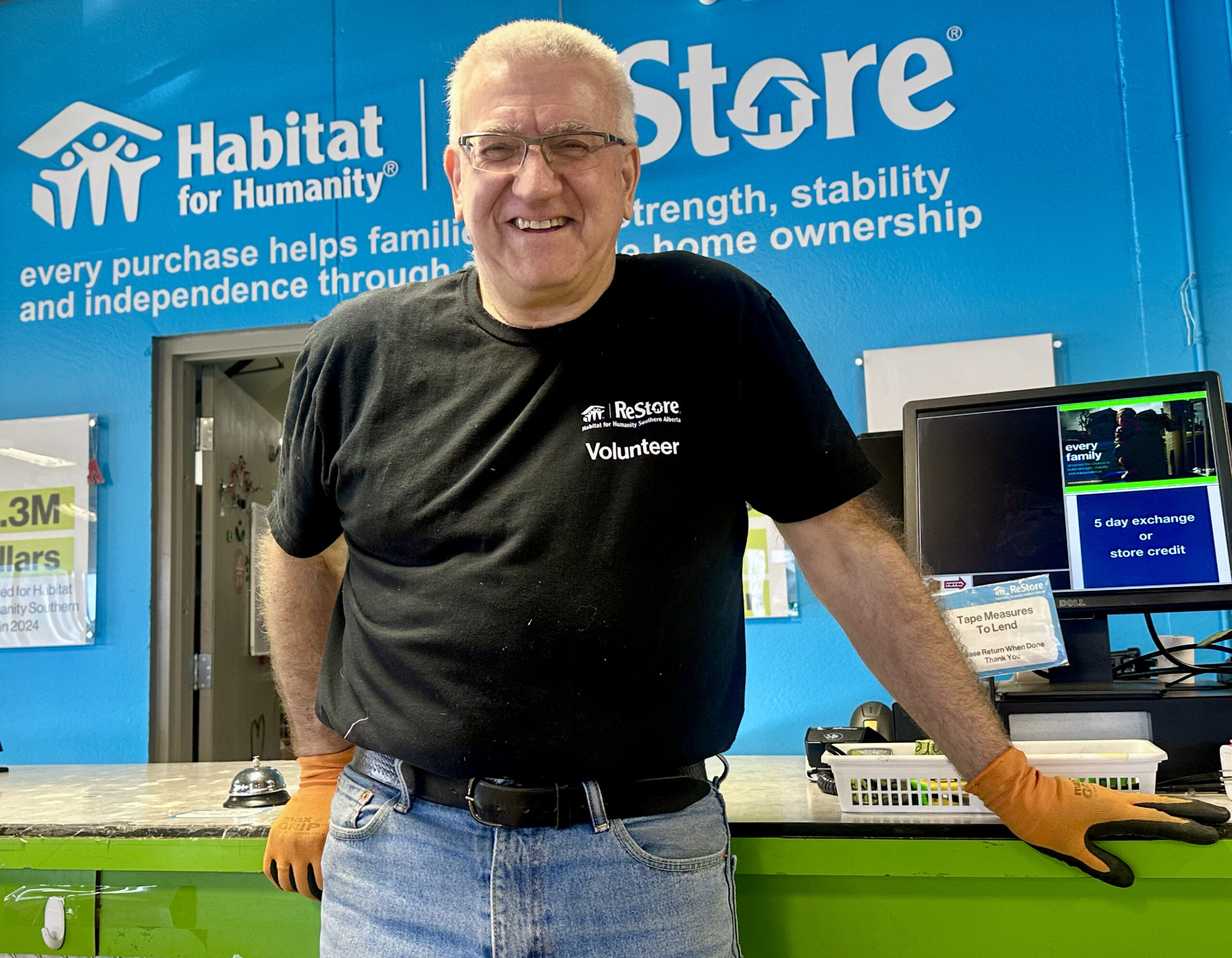Blog

Volunteer spotlight: Rick
Rick first started volunteering with Habitat for Humanity Southern Alberta in 2018. More than 1,300 hours later, he continues to show up week after week as a Crew Leader, helping families build stable futures while learning new skills alongside a dedicated team of volunteers.

Family story: Gebremeskel and Asmerat
Six voices fill the room as Gebremeskel and Asmerat’s children eagerly share what life looks like in a two-bedroom apartment and what they are most excited about in their future Habitat for Humanity home in Chestermere.

Powering affordable homeownership from the ground up
Habitat ReStore is the engine behind affordable homeownership in Southern Alberta. Learn how ATCO Energy’s partnership is helping to strengthen this impact.

Family Story: Ray
Ray’s journey to affordable homeownership began with an unexpected turning point in 2001 and has since been shaped by perseverance, family, and the dream of stability. Now a future Habitat homeowner in Calgary, Ray is looking ahead to a place his children can grow, feel safe, and truly call home. With an affordable Habitat mortgage and a home under construction, Ray and his family are finally watching their long-held dream take shape.

Family story: Mohammed and Tiba
Mohammed and Tiba are future Habitat for Humanity homeowners preparing to move into a townhouse in Livingston with their two children – Mayar (10) and Adem (4). Their journey to homeownership spans countries, years of uncertainty, and one of the hardest decisions a family can make, all in pursuit of stability for their children.

Volunteer spotlight: Steve
Steve has been volunteering with Habitat for Humanity Southern Alberta since 2019, lending his skills on construction sites and in the ReStore nearly every Monday. From building and repairs to helping customers and staff, Steve’s dedication shows how volunteering can be both meaningful and deeply rewarding.